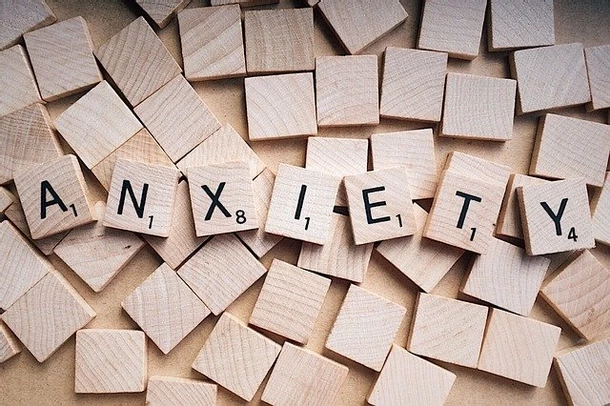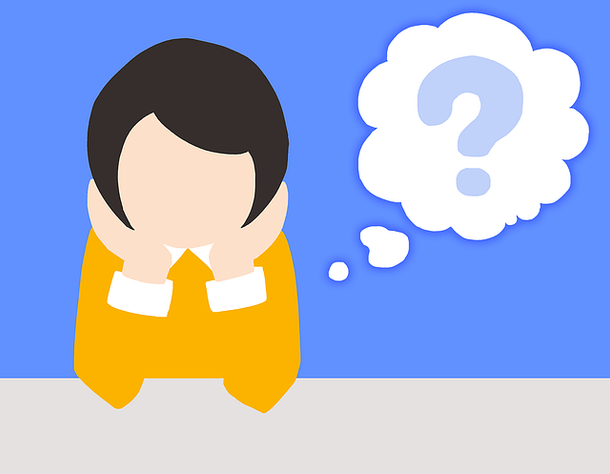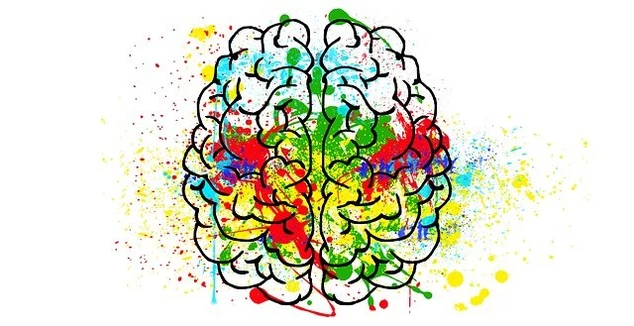4. Restlessness
Irritability or restlessness is another symptom seen to be most prevalent among children and teens. People with such symptoms are always on edge to respond to any danger that might not be present. This may result in a disproportionate response to stimuli, such as being bothered by things that never triggered them before, like frustrating social situations.
5. Intensely Agitated
Intense anxiety affects your body differently with feelings such as sweaty palms, shaky hands, racing pulse, and dry mouth. This happens when your sympathetic nervous system begins to function past its optimal capacity while your brain prepares your body to respond appropriately to a threat. It also intensifies your heart rate and heightens your senses. People with recurring anxiety might experience this kind of provocation for extended periods.
6. Self Consciousness
Anxiety symptoms also include the occasional heightened level of self-consciousness or awareness. This might increase with everyday situations or mainly when the person is in the spotlight. They may feel like they are ‘spinning out of control’ in their lives or ‘drowning’ in stress. Even regular interactions with friends or family become difficult for them making them nauseated and too conscious.




